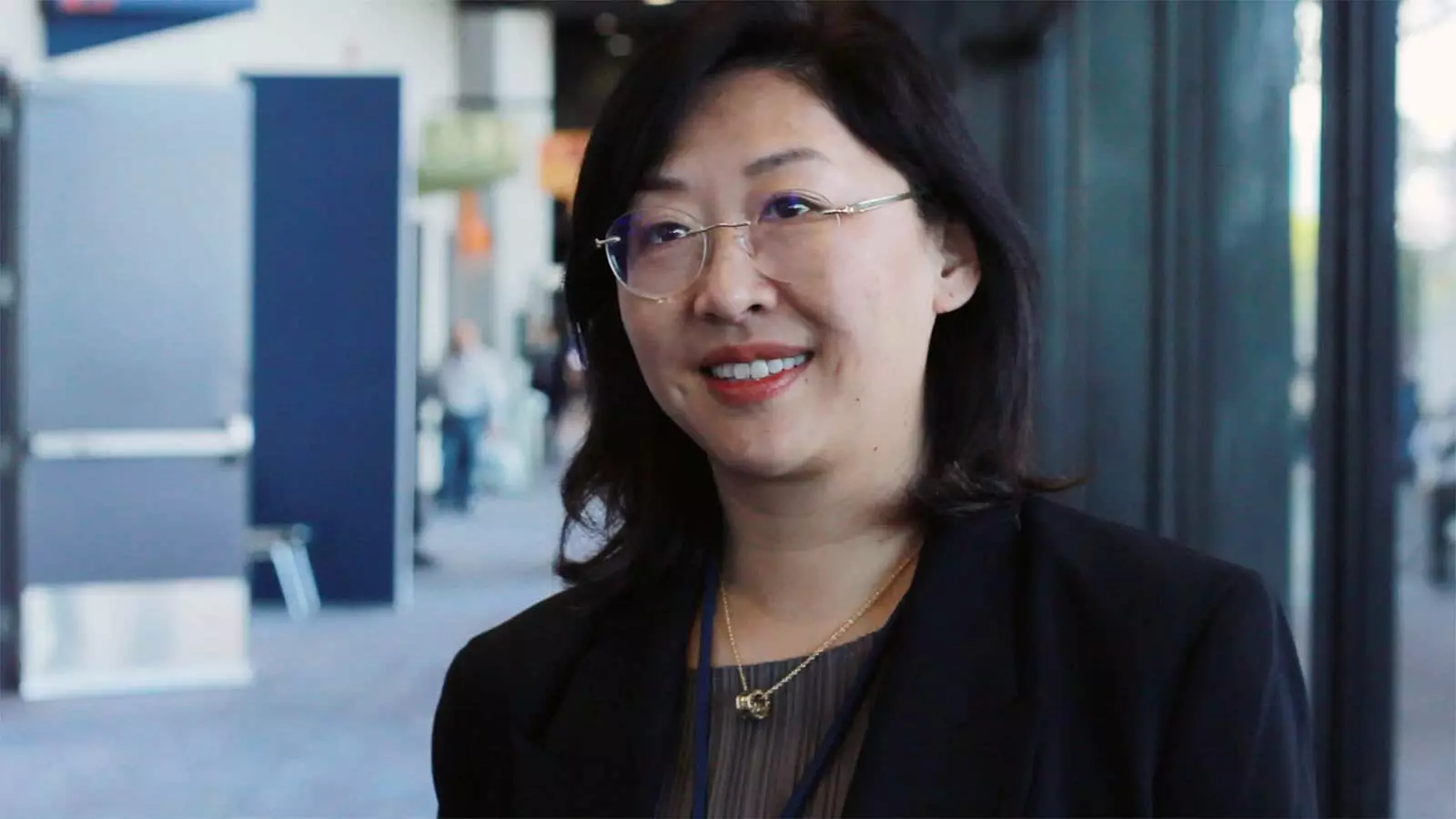Research presented at the American Society of Clinical Oncology annual meeting delved into the complexities of triple-negative breast cancer (TNBC) and its immune microenvironments at primary and metastatic sites. The study aimed to understand how variations in immune composition could impact the effectiveness of checkpoint inhibitors in treating TNBC.
Yuan Yuan, MD, PhD, director of breast oncology at Cedars-Sinai Cancer Center in Los Angeles, shared insights into the study’s key findings. The researchers collaborated with Tempus Genomics to conduct genomic profiling of over 1,000 TNBC patients undergoing standard care genomic sequencing. By comparing different sites of metastasis such as the breast, liver, lymph nodes, lungs, and bones, they sought to unravel the changes in the tumor microenvironment.
The study uncovered noteworthy differences in immune composition across various metastatic sites. Liver metastases were found to exhibit characteristics of an immune-cold tumor, with a higher percentage of macrophages and lower levels of B cells, CD4, and CD8 T cells. Additionally, the research included a subgroup of over 200 African American patients, allowing for an exploration of potential racial disparities in immune composition. The findings hinted at distinct variations in cell populations between African American and white patients, sparking further investigation into these differences.
The preliminary findings from this study offer a glimpse into the intricate interplay between tumor microenvironments and immune responses in TNBC. The observed disparities in immune composition at metastatic sites and among different racial groups raise important questions about the efficacy of immunotherapy in diverse patient populations. Dr. Yuan emphasized the need for further research to validate these findings using a retrospective dataset from Cedars-Sinai. The ongoing work aims to shed light on the underlying mechanisms driving these immune composition differences and their impact on treatment outcomes.
The study’s findings underscore the critical role of tumor immune microenvironments in shaping the course of TNBC and highlight the need for personalized approaches to cancer treatment. By unraveling the complexities of immune composition disparities, researchers are paving the way for more targeted and effective therapies for TNBC patients. As the field of oncology continues to evolve, understanding the nuances of tumor immune interactions will be instrumental in improving patient outcomes and advancing precision medicine practices.


Leave a Reply